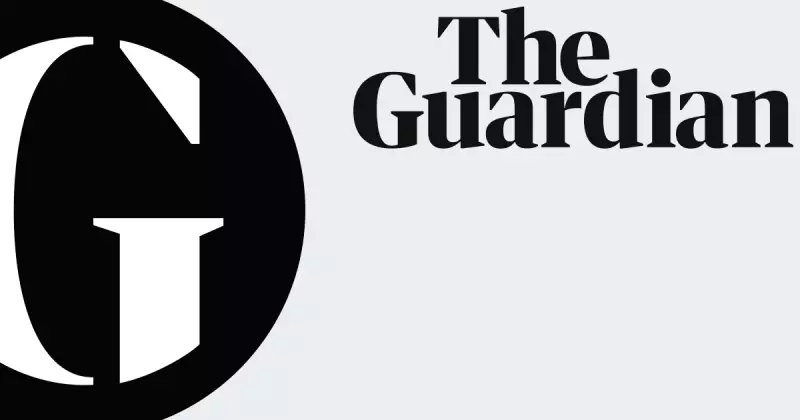
Even the most respected news organisations occasionally get it wrong, and The Guardian's latest corrections column demonstrates just how important transparency in journalism remains.
Setting the Record Straight
The newspaper has published its regular roundup of corrections and clarifications, addressing several significant errors that appeared in recent reporting. These aren't just minor typos but substantive mistakes that required proper acknowledgment.
Location Errors and Factual Slip-ups
Among the notable corrections was a significant geographical error where a location was completely misidentified in a feature piece. The newspaper has taken steps to correct the digital version and alert readers to the mistake.
Another correction involved factual inaccuracies in political reporting, where details about policy positions were incorrectly represented. The Guardian has since updated the online article and appended a clear correction notice.
The Importance of Accountability in Journalism
What's particularly noteworthy is how The Guardian handles these errors – with transparency and a commitment to accuracy. Each correction is clearly documented, explaining both the error and the correct information.
This practice represents an important aspect of ethical journalism: the willingness to acknowledge mistakes publicly rather than quietly fixing them and hoping nobody notices.
Common Types of Corrections
- Factual errors: Incorrect dates, statistics, or factual claims
- Misidentifications: Wrong names, titles, or locations
- Context omissions: Missing important background information
- Attribution issues: Incorrect sourcing or credit
The regular publication of corrections serves as a reminder that all news outlets, regardless of reputation, must maintain vigilance about accuracy. It also provides valuable insight into the challenges modern journalists face in the fast-paced news environment.
For readers, these corrections columns offer reassurance that reputable news organisations take accuracy seriously and have systems in place to address errors when they occur.





